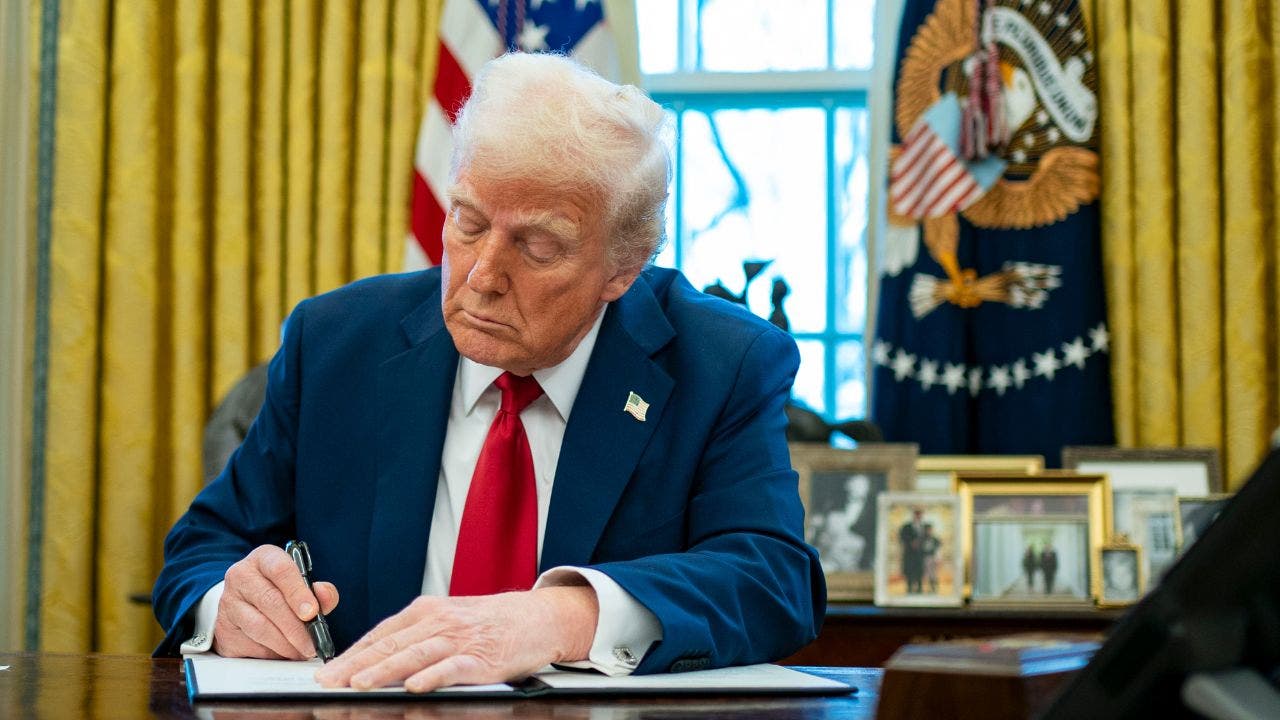Trump Takes Aim at 'Debanking': State Financial Leaders Back Effort to Protect Businesses

President Donald Trump has launched a new executive order aimed at curbing what he calls “debanking” – the practice of banks abruptly cutting off services to legally operating businesses, often due to ideological or political reasons. The move has garnered significant support from state financial leaders across the nation, who are voicing concerns about the impact on small businesses and the broader economy.
A coalition of 23 state treasurers, auditors, and comptrollers swiftly endorsed Trump’s action, highlighting the potential for this practice to stifle entrepreneurship and limit access to essential financial services for legitimate businesses. These state officials argue that banks should be making decisions based on sound financial risk assessment, not on subjective political considerations.
What is Debanking and Why is it a Concern?
Debanking typically involves banks terminating accounts or refusing to open accounts for businesses, sometimes without providing a clear or justifiable reason. While banks are generally within their rights to choose their clients, concerns have arisen that some institutions are using this power to discriminate against businesses based on their industry, political views, or associations. This can severely impact a business's ability to operate, pay employees, and manage finances.
The practice has drawn particular scrutiny regarding businesses involved in the firearms industry, energy sector, and those with conservative political affiliations. Critics argue that it constitutes a form of financial censorship and unfairly targets lawful businesses.
Trump's Executive Order: A Response to Growing Concerns
Trump's executive order directs federal agencies to examine the practice of debanking and to develop strategies to protect businesses from arbitrary account closures. The order encourages banks to adopt transparent and objective criteria for account servicing and calls for increased scrutiny of banks that appear to be engaging in discriminatory practices. Specifically, it asks the Treasury Department, the Federal Reserve, and the Office of the Comptroller of the Currency to develop reporting requirements for banks to disclose why they close accounts.
“We are taking action to ensure that American businesses can access the financial services they need to thrive,






